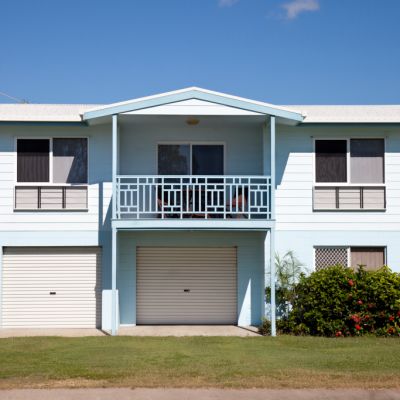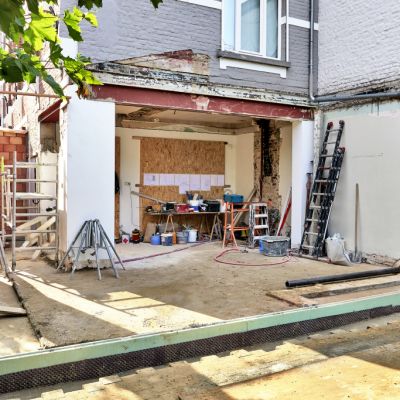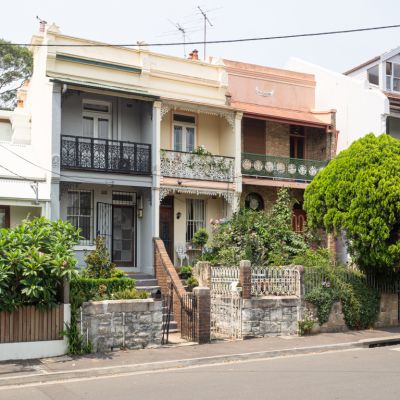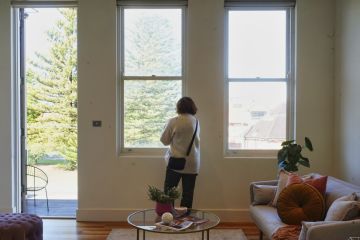Social housing construction boom should be key budget policy, experts say
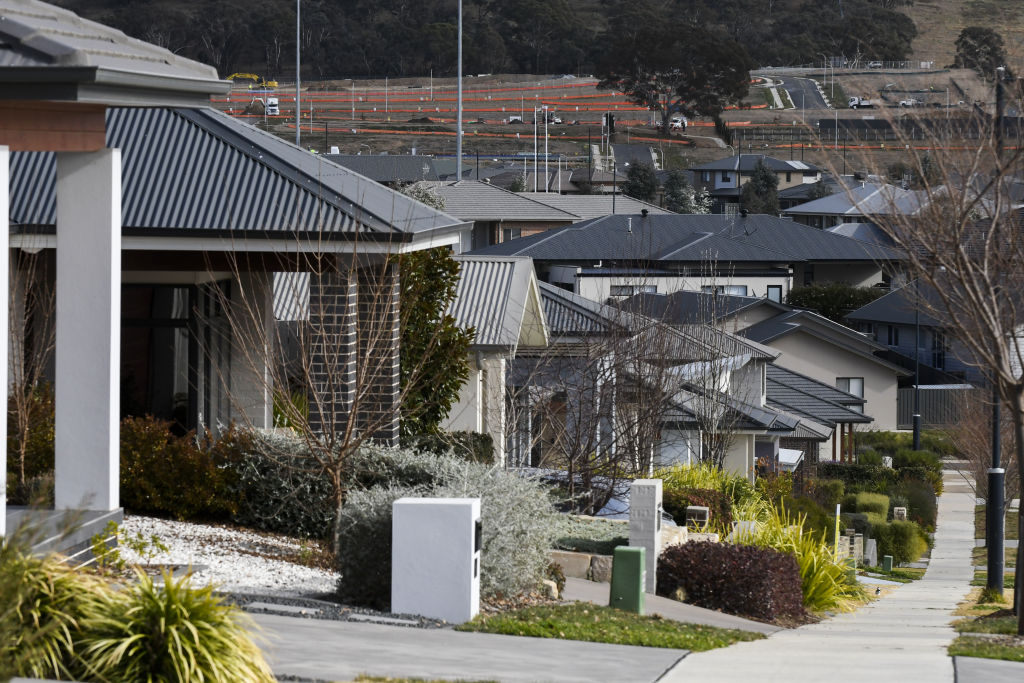
A social housing construction boom and increased rental support payments will be critical to economic recovery, experts are warning ahead of the federal budget to be released on Tuesday.
The federal government has already announced some housing stimuli, with the extension of the First Home Loan Deposit Scheme, and is expected to also extend the HomeBuilder scheme to help support the construction sector.
But it’s spending big on social housing that will be key to providing a boost to the struggling industry, and supporting the growing number of Australians at risk of homelessness in the wake of the coronavirus pandemic, experts say.
“Instead of extending HomeBuilder they should be putting money on social housing,” said Brendan Coates, household finances program director at the Grattan Institute.
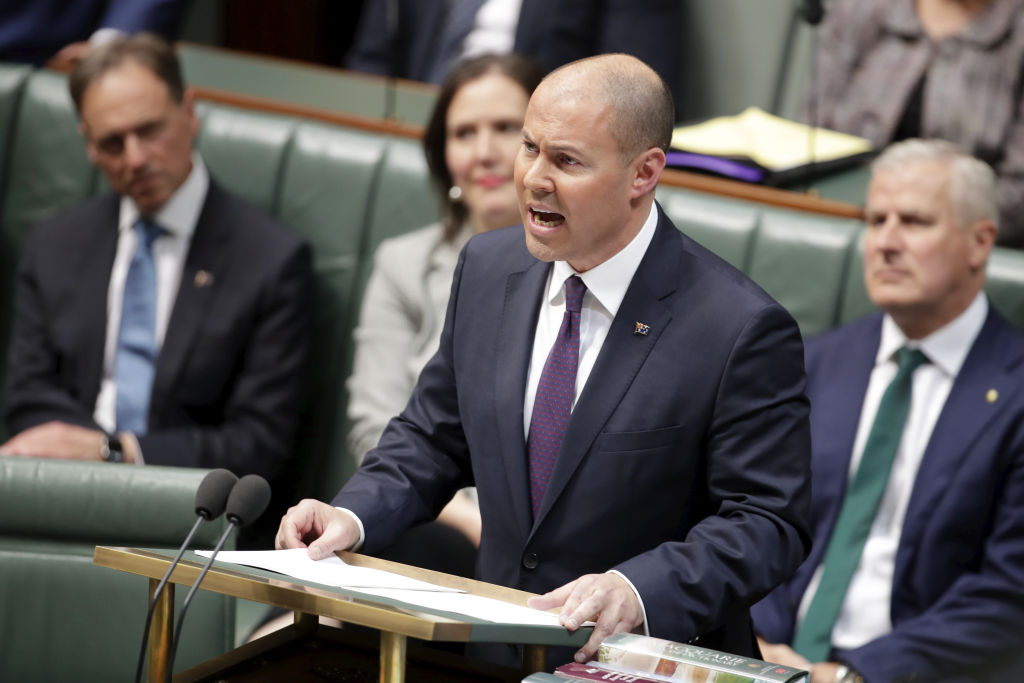
Mr Coates said HomeBuilder had brought forward purchases and renovations which would have happened anyway, with such schemes typically followed by a lull in construction – meaning it was unclear how much more demand there would be for it.
He added HomeBuilder also did little to support much-needed high density construction in inner and middle-ring suburbs.
Construction job losses were already mounting, Mr Coates said, noting the sector could lose between 12 to 18 per cent of all jobs by early 2021, with economic analysis by global consulting group McKinsey estimating between 150,000 and 205,000 construction jobs could be lost over the year to March.
“The budget should include a sizeable commitment to social housing. We know it’s a very effective stimulus, and it’s faster to roll out than most other infrastructure projects,” Mr Coates said.
“You’re building an asset, you’re adding to the capital stock of the economy … and there’s good evidence that housing people who would otherwise be homeless does save the government substantial sums of money in the long run,” Mr Coates said.
Gareth Aird, head of Australian economics at The Commonwealth Bank, said with net overseas migration brought to a standstill by the pandemic and likely to be low for years to come, there would be less demand for new housing, resulting in job losses in residential construction.
The case could be made that it was a good time to invest in social housing, which could support people previously employed in residential construction, Mr Aird said.
“When you’ve got a high level of unemployment, fiscal policy is about generating jobs … any direct policies that support employment in the home building space is going to have a social benefit,” he said.
While there has yet to be any hint of spending for social housing, Mr Aird said he wouldn’t rule out anything as the government had flagged it was considering a whole host of projects to boost employment.
Mr Coates would like to see a commitment to build 30,000 social housing units, which he estimates would cost about $10 billion.
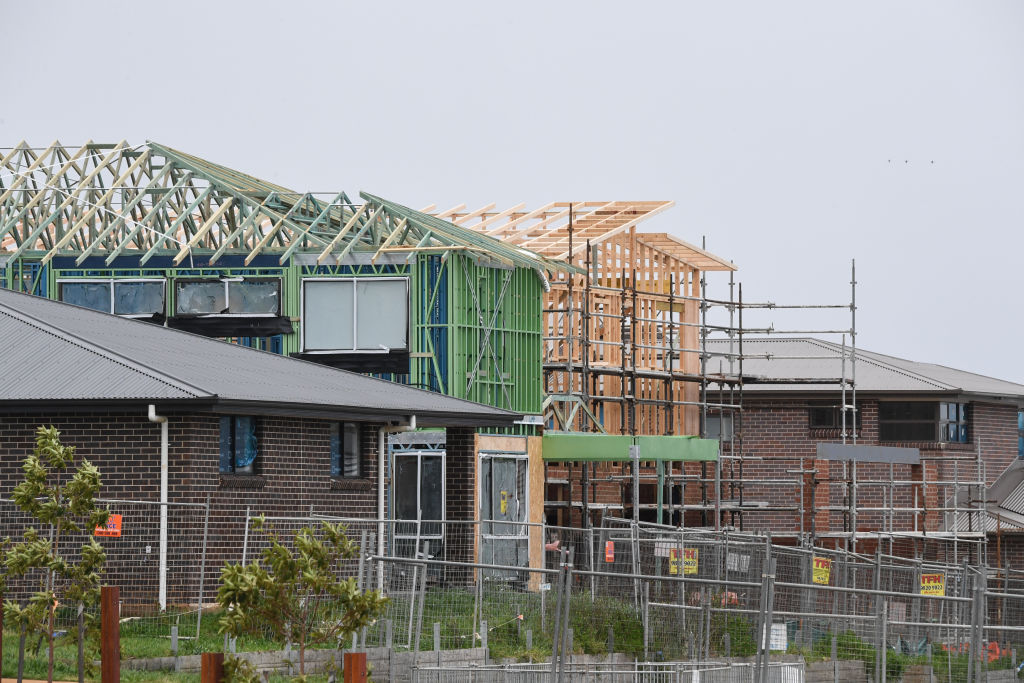
That is what has been called for by the Everybody’s Home campaign, with more than 300 organisations pushing for the 30,000 new homes over the next four years – which it estimates could create some 18,000 jobs.
That is what could be built quickly as part of the Social Housing Acceleration and Renovation Program (SHARP), which focuses on shovel-ready projects that can deliver housing and jobs quickly, said campaign spokesperson Kate Colvin.
The program would be a step towards the 433,400 homes needed to address Australia’s current social housing shortfall.
“In every past crisis, federal governments, both Liberal and Labor, have used social housing as a way to stimulate the economy and build housing … and now is [Prime Minister Scott] Morrison’s moment to show that he’s putting what’s best for our country before federal and state buck-passing,” Ms Colvin said.
She noted a recent survey found increased spending on social housing and permanently boosting JobSeeker were the two top policy preferences for economists for their year’s budget.
“Delivering rental homes people can afford is one side of the coin, the other is making sure people have income to pay for housing. Making social security payments at a level that people can afford their rent is really important as well,” Ms Colvin said.
Mr Coates said Commonwealth Rent Assistance had fallen well below the level of rent paid by low income residents, and a 40 per cent increase would be required to bring it back in line with the sort of levels seen during the Howard era.

University of Sydney urban planner and policy analyst Professor Nicole Gurran said eligibility requirements for rental assistance should be widened.
In addition to the proposal for 30,000 new dwellings, which she described as a modest, reasonable starting point, she said the government should look to a green energy retrofit of social housing.
“If they want to spend on renovations, social housing renovations are the perfect place to start,” she said.
Rather than focusing on demand-side measures, which drove up property prices, Professor Gurran said the focus should be on targeted supply-side responses.
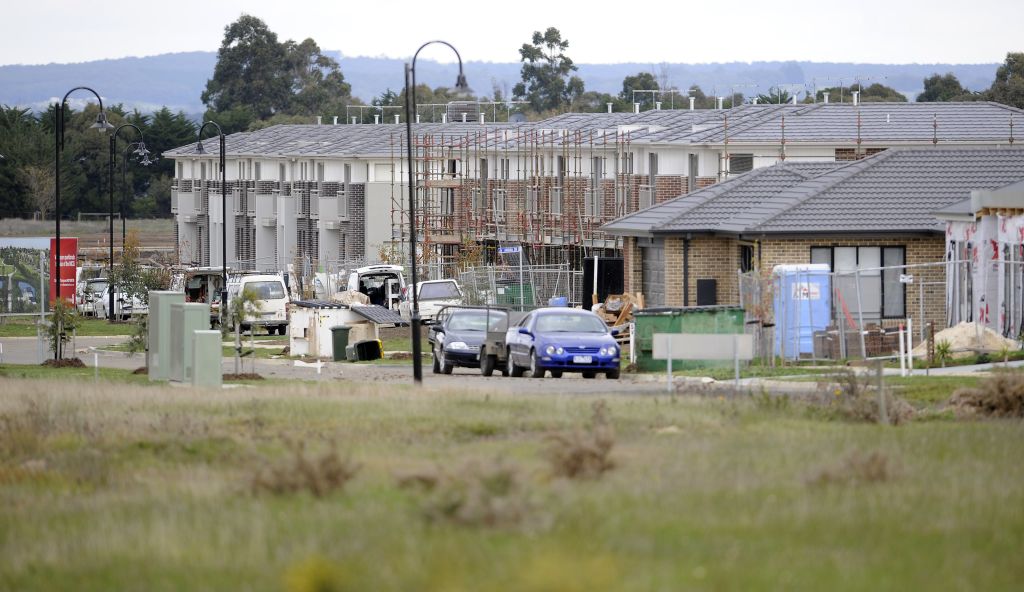
While addressing the social housing crisis was the priority, she said, the government needed to signal it would invest more in affordable housing to create a continuum of housing options.
A subsidy, improving upon the now-defunct NRAS scheme, would provide support for higher medium-density housing approvals, she said, which would probably languish in the coming years.
Ahead of Tuesday night’s budget, the big question among experts was that if social housing was not a priority now, then when?
“If we don’t make these commitments now there will not be a lot of money in future budgets for these priorities, there will be a time when the government needs to stop debt from rising,” Mr Coates said.
Ms Colvin added: “Australia really is at a crossroads and the decisions that are in that budget will affect what kind of country to become, now is the time to make Australia a country where everybody has a home.”
We recommend
States
Capital Cities
Capital Cities - Rentals
Popular Areas
Allhomes
More
